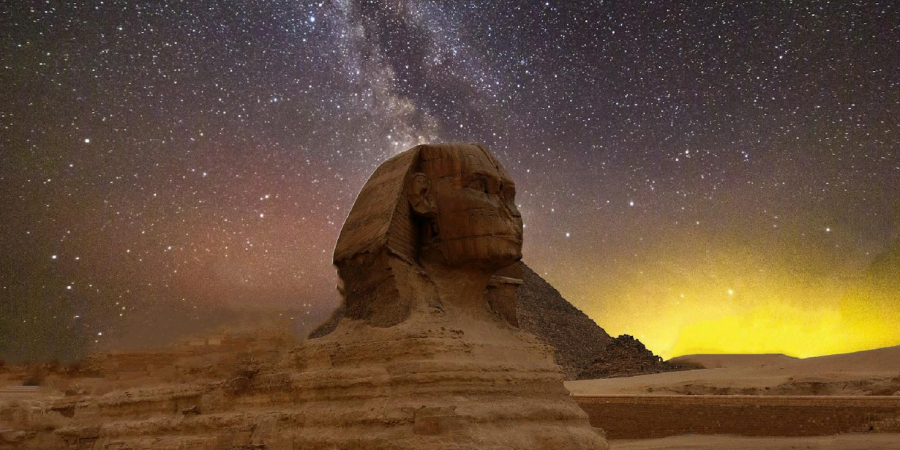

Egypt, with its illustrious ancient history and iconic landmarks, often conjures images of grandeur and mystique. Yet, beyond the façade of ancient wonders lies a shadowy underbelly seldom seen by the casual observer. In this exploration, we delve into the darker aspects of Egypt, shedding light on the political repression, socioeconomic inequality, and human rights violations that tarnish the nation's legacy.
Political Repression and Human Rights Violations
Throughout its history, Egypt has grappled with authoritarian rule, from the pharaohs of antiquity to the modern-day autocrats. Under the guise of maintaining stability, successive regimes have trampled on the rights of their citizens, employing tactics of censorship, surveillance, and brutality to suppress dissent. The rule of Hosni Mubarak and later Abdel Fattah el-Sisi epitomizes this authoritarian grip, marked by arbitrary arrests, torture, and extrajudicial killings. Political activists, journalists, and ordinary citizens who dare to speak out against the regime are met with swift and severe reprisals, their voices silenced in a climate of fear and intimidation.
Socioeconomic Inequality and Poverty
While Egypt boasts a glittering skyline of luxury hotels and extravagant malls, beneath the surface lies a stark landscape of poverty and inequality. The country's wealth is concentrated in the hands of a privileged few, while millions struggle to make ends meet. Rural communities, in particular, bear the brunt of economic hardship, with limited access to essential services such as healthcare and education. Unemployment rates soar, exacerbating the cycle of poverty and perpetuating social unrest. Despite promises of economic reform, the gap between the haves and have-nots continues to widen, fueling discontent and disillusionment among the populace.
Cultural Suppression and Religious Intolerance
In addition to political and socioeconomic challenges, Egypt grapples with issues of cultural suppression and religious intolerance. Minority groups, including Coptic Christians and Shia Muslims, face discrimination and persecution, their rights trampled upon in the name of religious orthodoxy. Sectarian violence erupts sporadically, tearing at the fabric of Egyptian society and undermining notions of tolerance and coexistence. Meanwhile, cultural expression is stifled, with artists, writers, and intellectuals forced to navigate a maze of censorship and self-censorship to avoid reprisals from the authorities
Egypt's dark side serves as a sobering reminder that behind the grandeur of its ancient monuments lies a nation grappling with profound challenges. Political repression, socioeconomic inequality, and cultural suppression cast a long shadow over the country's rich history and vibrant culture. Yet, amid the darkness, there are glimmers of hope – courageous activists, resilient communities, and a burgeoning civil society that refuse to be silenced. As Egypt navigates the complexities of its past and present, it is imperative that we confront these shadows head-on, shining a light on injustice and advocating for a future where all Egyptians can live in dignity and freedom.




